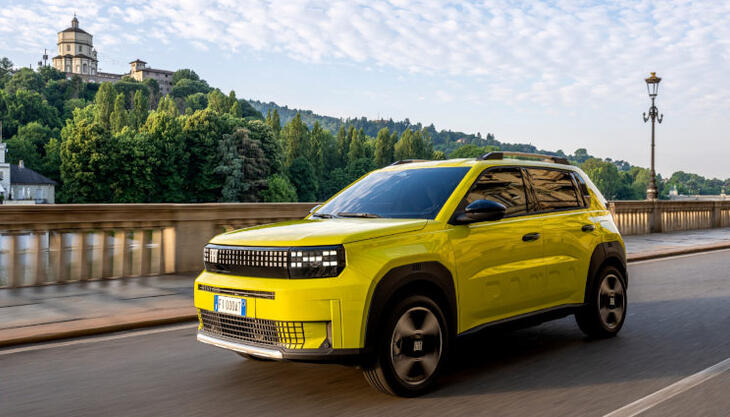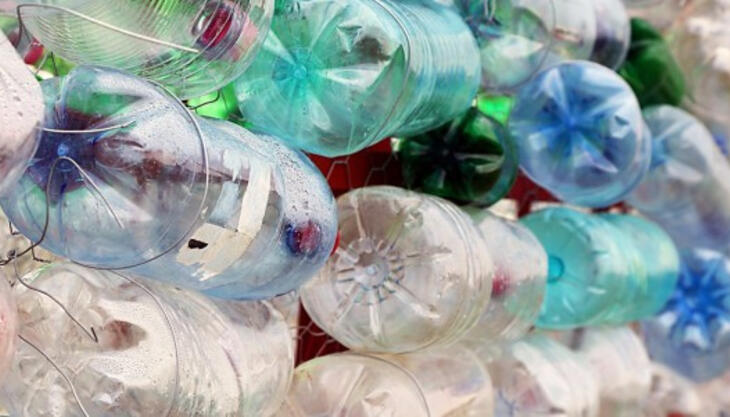Versalis and Repsol join the Cracker of the Future consortium

Two new members entered the Cracker of the Future consortium, accelerating the development of a game changing technology for the electrification of the steam cracking process. This enables a revolutionary decrease in greenhouse gas emissions. They are the Italian Versalis and the Spanish Repsol, and now, together with founding members Borealis, BP, and TotalEnergies, the consortium covers approximately one third of the European Union’s steam cracking capacity with units in Austria, Belgium, Finland, France, Germany, Italy, Portugal, Spain, and Sweden.
European crackers are currently annually emitting approximately 30 million tons of CO2 (about 20-25% of the European chemical industries’ overall greenhouse gas emissions). The majority of these emissions originate from the crackers' furnaces. In combination with other electrification measures, electric cracking with renewable energy can eliminate the cracker's greenhouse gas emissions to a large extent.
Currently, European crackers predominantly operate on fossil-naphtha feedstock with some light feedstock such as LPG and ethane originating from refining of oil and from natural gas liquids. Electric crackers will also be able to convert bio naphtha and pyrolysis oil from waste plastics (chemical recycling) and thus enable key process routes for the circular economy.



















